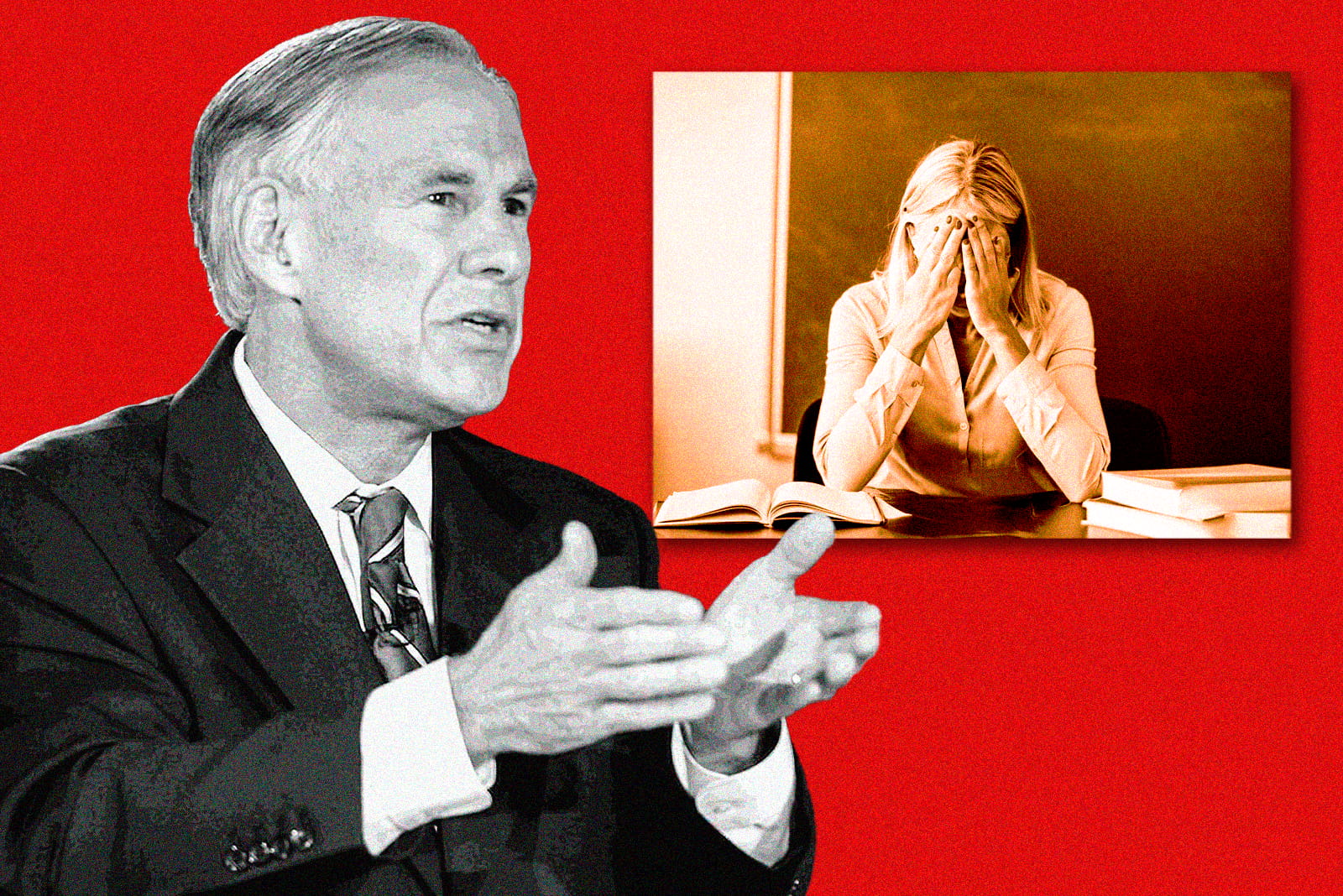Health care bill protesters arrested during sit-ins at Republican Senate offices
Protests highlight those Americans who will lose access to treatment if the GOP rolls back the Affordable Care Act

At least 20 health care activists with pre-existing conditions were arrested during sit-ins at Republican senators’ offices on Capitol Hill on Wednesday, with the numbers of arrests poised to skyrocket into the hundreds.
The sit-ins were organized by a coalition of liberal interest groups to protest the lack of protections for people with pre-existing conditions in the Republican health care bill, which has temporarily stalled in the Senate. As they obstructed access to the senators’ offices, tens of activists were arrested by Capitol Police in a show of civil disobedience.
As part of the sit-in, protesters broke into smaller groups lodged themselves in the doorways of those Republican senators who have not come out publicly against the bill. Thus far, four GOP senators have announced their opposition to the most recent Republican health care reform proposal.
“There’s at least 10 groups of 50 or so people going to all those offices,” says Eric Sawyer, who protested with a group outside of the offices of Sen. Richard Burr (R-N.C.), Sen. Pat Toomey (R-Pa.) and Senate Majority Leader Mitch McConnell (R-Ky.), where he expected to be arrested on Wednesday afternoon. “There are somewhere between 200 to 300 people who are willing to be arrested.”
Sawyer, vice president of public affairs and policy at the New York-based Gay Men’s Health Crisis and an HIV advocate who was a founding member of Housing Works and ACT UP, was previously arrested three weeks ago as part of another protest against the health care bill. He says he believes the demonstrations are “definitely” influencing Republican senators.
“That’s why you saw the bill not be able to pass. That’s why you’ve seen them have to [stall] their intent to cancel Obamacare,” he says, referring to GOP defections. “The two events that have happened in the past few days, are not only because of our pressure, but pressure from similar groups in the District as well as around the Hill. There were arrests similar to ours on Monday and Tuesday as well.”
For years, Republican leaders in Congress have salivated at the prospect of repealing the Affordable Care Act, which requires individuals to purchase health insurance coverage. The ACA also encourages states to expand their Medicaid programs to ensure those without significant financial means are able to access health care, which many Republicans also object to because of the strain it places on state and federal budgets.
But the organizers of Wednesday’s sit-ins intend to give Republican senators pause before they back the bill by highlighting those who obtain their health care through expanded Medicaid or through insurance subsidies provided by the Affordable Care Act, as well as those with private insurance who would be unable to access treatment if insurance companies are allowed to bring back lifetime caps or refuse to provide coverage for pre-existing conditions.

Besides the Gay Men’s Health Crisis, other groups involved in the protest include Housing Works, the Center for Popular Democracy, Rise and Resist, National Nurses United, Positive Women’s Network — USA, ACT UP, and Health Care for America Now.
Connie Dukes, a 61-year-old GMHC staffer from Brooklyn, N.Y., was among the protesters. Dukes, who is HIV-positive and also suffers from asthma, fibromyalgia, and glaucoma, says that she is reliant on expanded Medicaid under the Affordable Care Act in order to see her doctors and cover her treatments and therapy.
“I’m a person with multiple pre-existing conditions,” says Dukes, who protested outside of the office of Sen. Dan Sullivan (R-Alaska). “If this health care change comes about, I’ll lose health care benefits and I won’t be able to get some of my medications or some of the services that are available to me now.”
Currently, an estimated 60 percent of people who are HIV-positive get their medications through a public funding system such as Medicaid, Medicare, the Ryan White Care Act, Veteran’s Administration health care services, or the Indian Health Service. As such, the GOP proposal to not only cut back on expanded Medicaid, but to make deep cuts to public assistance programs, could potentially wreak havoc on those living with HIV, including many members of the LGBTQ community.
“I don’t have any other options, only what’s in place now,” Dukes says, while also noting that she is fortunate to be able to rely on GMHC’s health services as a client — services that some of the other health care activists from around the country don’t have readily available to them. “So I came here to speak not only for myself, but to support and speak on behalf of my fellow advocates, my fellow human beings.”
Support Metro Weekly’s Journalism
These are challenging times for news organizations. And yet it’s crucial we stay active and provide vital resources and information to both our local readers and the world. So won’t you please take a moment and consider supporting Metro Weekly with a membership? For as little as $5 a month, you can help ensure Metro Weekly magazine and MetroWeekly.com remain free, viable resources as we provide the best, most diverse, culturally-resonant LGBTQ coverage in both the D.C. region and around the world. Memberships come with exclusive perks and discounts, your own personal digital delivery of each week’s magazine (and an archive), access to our Member's Lounge when it launches this fall, and exclusive members-only items like Metro Weekly Membership Mugs and Tote Bags! Check out all our membership levels here and please join us today!

























